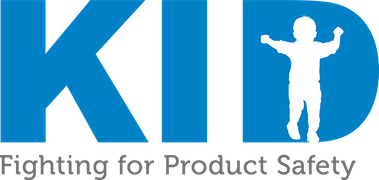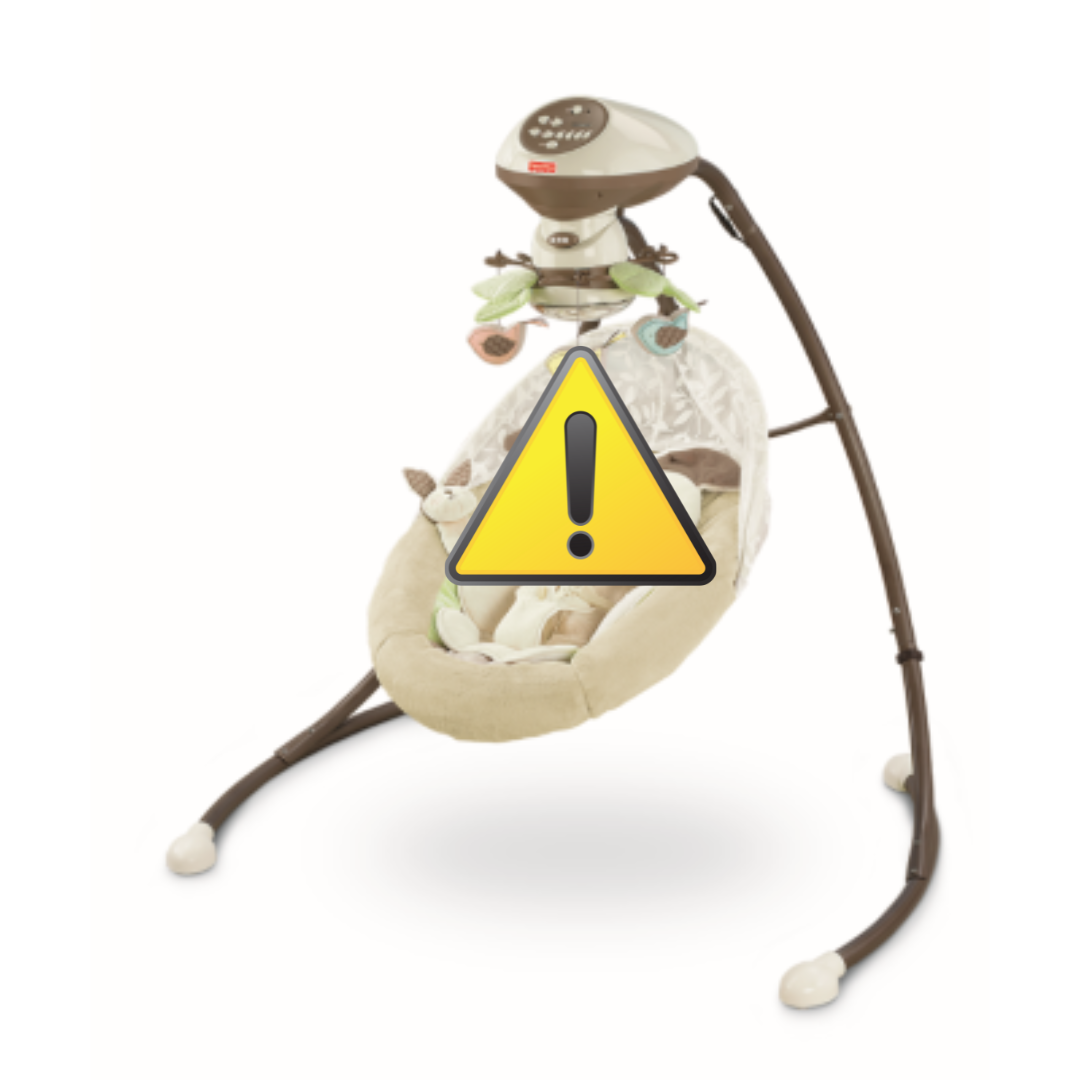
For over two decades, KID has been at the forefront of advocating for safer products, to remove dangerous items from store shelves and homes. From everyday essentials to beloved toys, KID has fought tirelessly to hold manufacturers accountable and raise awareness of the risks families may unknowingly face.
Let’s take a closer look at two infant sleep products that posed serious threats to children, but thanks to advocacy groups like KID, journalists, legislatures, and grassroots advocates, they have been banned from the market. October is Infant Safe Sleep Month and these cases highlight the importance of vigilance and advocacy when it comes to protecting our little ones at their most vulnerable.
Drop-Side Cribs
Until the mid 2000’s, drop-side cribs were the most common design of crib. The moving rail made it easy for caregivers to access the sleeping area. These cribs, however, also came with many hidden dangers and a number of deaths including Tyler and Liam.

Since 1997, at least 32 infants were suffocated or strangled due to a design flaw that allowed the side of the crib to detach, creating a hazardous gap. In addition, the same hardware failures that made drop-side cribs so dangerous also led to mattress support failures and other entrapment issues that led to additional deaths. And almost all these cribs met both the mandatory crib standard and the industry ASTM standard — clearly something was wrong. Despite these tragedies, drop-side and other cribs remained on the market. However, KID along with parents, advocates and congressional leaders worked to pass the Consumer Product Safety Improvement Act (CPSIA) in 2008 and on June 28, 2011, the world’s strongest crib standard went into effect, which included a ban on the drop-side crib design, stringent testing standards and other improvements.
Inclined Sleepers and the Rock ‘n Play
In 2009, Fisher-Price released their Rock ‘n Play sleepers. It gained popularity from parents searching for better sleep for their babies – and themselves. While this seems like a parent’s dream, it turned out to be a nightmare and would eventually be tied to more than 100 infant deaths (and more deaths due to inclined sleepers from other manufacturers).

Inclined sleepers are inherently dangerous as they allow babies to sleep at up to a 30-degree angle. Infants can move and roll over into positions that restrict airways or lead to entrapment. In 2019, while the CPSC was looking into incidents of infants in inclined sleepers, staff received reports of 451 new incidents, 59 of which were deaths. To further investigate, CPSC staff contracted with Dr. Erin Mannen, a mechanical engineer specializing in biomechanics at the University of Arkansas for Medical Sciences at that time. She conducted infant testing to evaluate the design of inclined sleep products and found that only products with an incline of 10 degrees or less with flat, rigid surfaces are safe for infant sleep. KID further listened to the heartbreaking stories of the parents of Alexander and Ezra who died in Fisher-Price Rock ‘n Play sleepers years apart and was moved to take action. Fisher-Price testified at a House Committee on Oversight and Reform hearing in 2021 after it became apparent that they were significantly downplaying safety concerns. This came following a long sought-after recall of 4.7 million Rock ‘n Play sleepers in 2019. If you still have a Rock ‘n Play, you can take part in this settlement. Also, in 2022, the Safe Sleep for Babies Act was signed into law which banned infant inclined sleep products altogether, further safeguarding our children while asleep.These products are just two examples of the larger impact KID has had. Thanks to our dedicated efforts, with your support, manufacturers are held more accountable, and parents are now more informed about the hidden dangers in everyday items. But our mission goes beyond each recall—it’s so that children can live, play, and sleep without risk from the products they use every day. Stay updated on everything KID is working on by following us on Facebook, Twitter, Instagram, and TikTok and sign up for our monthly newsletter.


